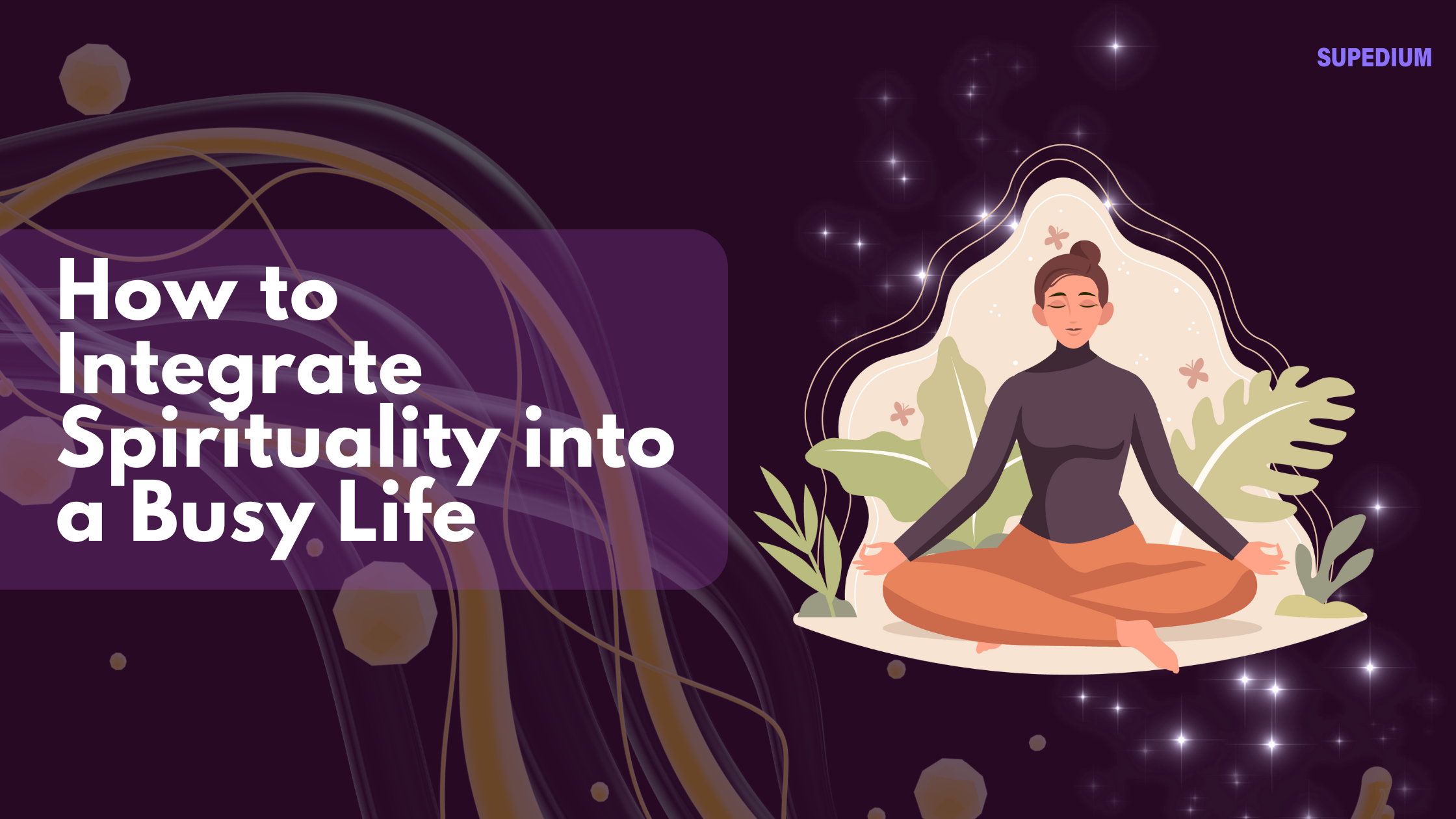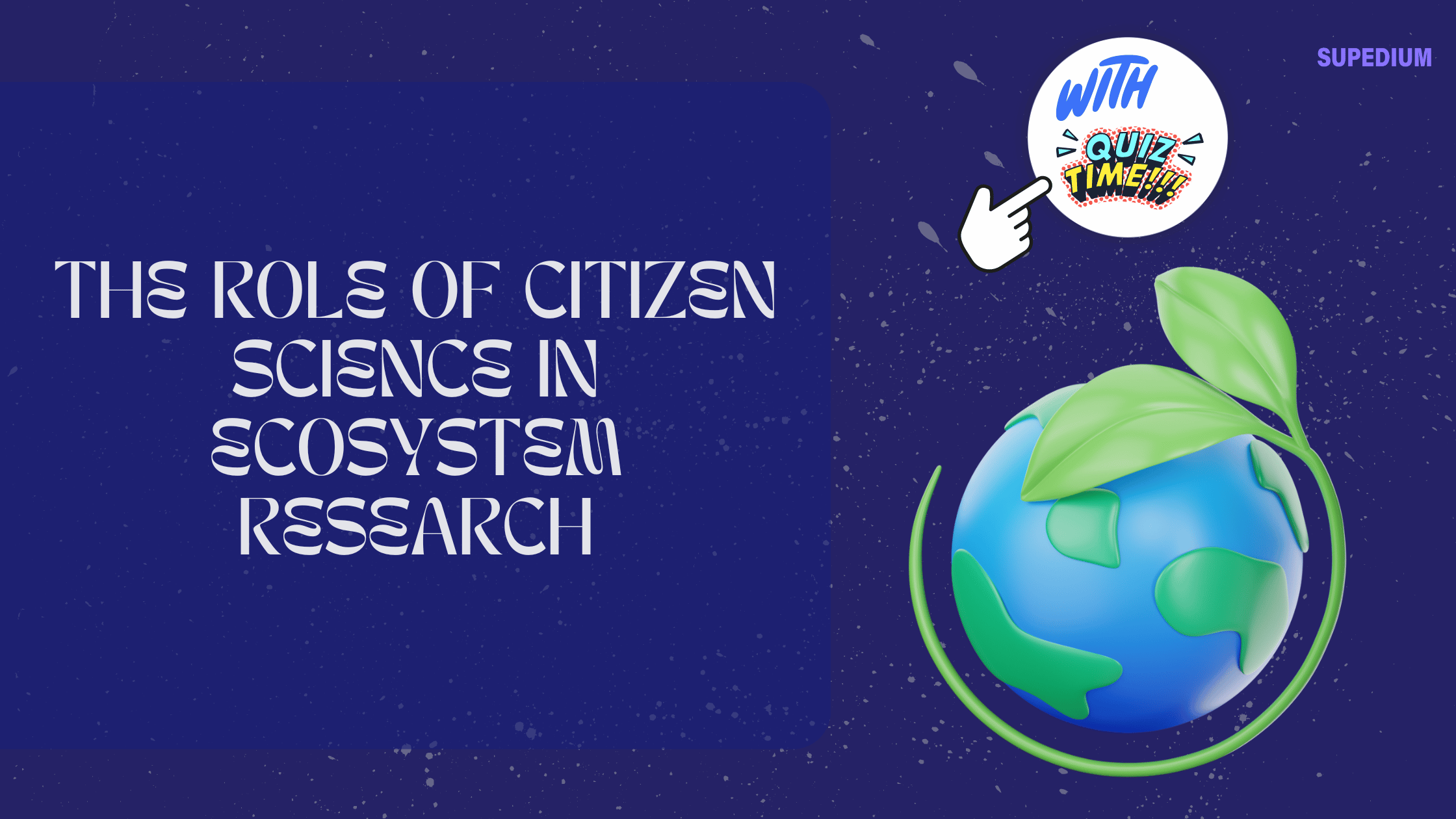Table of Contents
- 1 Understanding Spirituality and Its Importance
- 2 Identifying Spiritual Needs and Goals
- 3 Finding Time for Spiritual Practices
- 4 Integrating Spirituality into Daily Activities
- 5 Incorporating Spirituality into Work and Relationships
- 6 Utilizing Technology and Resources
- 7 Overcoming Challenges
- 8 Reflecting and Adjusting
- 9 Conclusion
![]()
In today’s fast-paced world, integrating spirituality into a busy life can seem like a daunting task. Balancing professional responsibilities, personal commitments, and self-care often leaves little room for spiritual practices. However, incorporating spirituality into daily routines can enhance overall well-being and bring a deeper sense of purpose. This article explores practical strategies for weaving spirituality into a busy life, offering insights on identifying spiritual needs, finding time, integrating practices, and overcoming challenges.
Understanding Spirituality and Its Importance
Definition of Spirituality
Spirituality can be understood in various ways, ranging from personal beliefs and practices to universal principles shared across different traditions. At its core, spirituality often involves a search for meaning, connection, and a sense of purpose beyond the material aspects of life. It can include religious practices, philosophical reflections, or a personal sense of connection with the universe.
Importance of Spirituality in Daily Life
Spirituality contributes significantly to mental, emotional, and physical well-being. It can provide a sense of direction, improve resilience, and foster a greater appreciation for life’s experiences. By nurturing spiritual health, individuals often experience enhanced life satisfaction and a deeper sense of purpose.
Identifying Spiritual Needs and Goals
Self-Reflection
Before integrating spirituality into your busy life, it’s essential to reflect on your current beliefs and practices. Consider what aspects of spirituality resonate with you and where you seek growth. This self-assessment will help you set meaningful and achievable spiritual goals.
Setting Spiritual Goals
Define both short-term and long-term spiritual goals based on your reflections. Short-term goals might include establishing a daily meditation practice, while long-term goals could involve deepening your understanding of a particular spiritual tradition. Align your goals with your values and life circumstances to ensure they are practical and motivating.
Finding Time for Spiritual Practices
Time Management Strategies
One of the main challenges in integrating spirituality into a busy life is finding time. Effective time management can help you carve out space for spiritual practices. Consider scheduling dedicated time each day for spirituality, such as in the morning before starting your day or during lunch breaks. Alternatively, incorporate spiritual practices into existing routines, such as practicing mindfulness during your commute.
Prioritization and Flexibility
Balancing spiritual practices with other commitments requires prioritization and flexibility. Recognize that there may be days when it’s challenging to stick to a rigid schedule. Be willing to adjust your practices as needed, and focus on making consistent, albeit flexible, efforts to maintain your spiritual connection.
Integrating Spirituality into Daily Activities
Mindfulness and Presence
Mindfulness involves being fully present and engaged in the current moment. You can practice mindfulness in everyday tasks, such as eating, walking, or working. Simple techniques like focusing on your breath or observing your surroundings with intention can help you stay connected to your spiritual self throughout the day.
Finding Sacred Moments
Look for opportunities to create sacred moments within your daily life. This could involve setting aside time for a brief meditation or prayer, using symbols or rituals that hold spiritual significance, or finding moments of gratitude and reflection. These practices can enhance your daily experiences and keep you connected to your spiritual goals.
Incorporating Spirituality into Work and Relationships
Workplace Integration
Integrating spirituality into the workplace involves maintaining spiritual values while fulfilling professional responsibilities. This can include ethical decision-making, compassionate interactions with colleagues, and fostering a positive work environment. Finding small ways to align your work with your spiritual beliefs can create a more fulfilling and harmonious work experience.
Relationships and Community
Nurturing spiritual connections with family and friends can enhance your spiritual life. Engage in meaningful conversations about spirituality, participate in shared practices, or support each other’s spiritual growth. Additionally, consider joining or creating a spiritual community to connect with like-minded individuals and share your journey.
Utilizing Technology and Resources
Digital Tools
Technology offers numerous tools to support spiritual practices. Apps and online resources can provide guided meditations, prayer reminders, and spiritual readings. Virtual communities and online groups also offer opportunities for connection and support, making it easier to integrate spirituality into a busy lifestyle.
Educational Resources
Expand your spiritual understanding through books, podcasts, and courses. These resources can provide valuable insights and practical tips for incorporating spirituality into daily life. Use these educational tools to deepen your knowledge and find inspiration for your spiritual practices.
Overcoming Challenges
Common Obstacles
Integrating spirituality into a busy life comes with its challenges, such as managing distractions, balancing spiritual practices with other demands, and maintaining consistency. Acknowledging these obstacles is the first step in overcoming them.
Strategies for Resilience
Building a support system can help you stay committed to your spiritual practices. Surround yourself with individuals who share your spiritual values or seek guidance from mentors. Additionally, remain adaptable and adjust your practices as needed to fit your evolving life circumstances.
Reflecting and Adjusting
Regular Self-Assessment
Periodically evaluate the effectiveness of your spiritual practices. Reflect on what’s working and what’s not, and adjust your goals and practices accordingly. This ongoing assessment will help you stay aligned with your spiritual aspirations and ensure that your practices continue to meet your needs.
Celebrating Progress
Acknowledge and celebrate your spiritual milestones and achievements. Recognizing your progress can provide motivation and reinforce your commitment to spiritual growth. Use reflections on your journey to inspire continued exploration and development.
Conclusion
Integrating spirituality into a busy life is both a challenge and an opportunity for personal growth. By identifying your spiritual needs, finding time for practices, and incorporating spirituality into daily activities, you can enrich your life and enhance your well-being. Embrace the journey with flexibility and resilience, and remember that spirituality can be woven into the fabric of even the busiest lives.
Share This





Be the first to comment